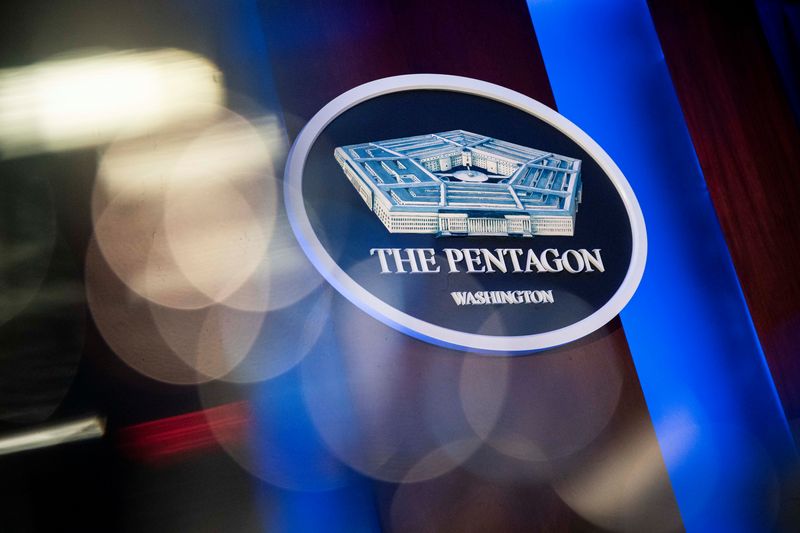WASHINGTON (Reuters) – One in all two U.S. plane service strike teams deployed to the Center East partially to discourage Iran from finishing up a threatened assault towards Israel has departed the area, the Pentagon stated on Thursday.
The choice to finish the dual-carrier presence got here almost three weeks after U.S. Protection Secretary Lloyd Austin ordered the Theodore Roosevelt service strike group to stay within the Center East, even after the arrival of the Abraham Lincoln plane service strike group to exchange it.
The Roosevelt has now departed the Center East and is headed to the Asia-Pacific area, Main Basic Patrick Ryder, a Pentagon spokesperson, informed a information briefing.
Austin’s order for the Roosevelt to remain in place got here on Aug. 25, as Hezbollah launched lots of of rockets and drones at Israel and Israel’s navy stated it struck Lebanon with round 100 jets to thwart a bigger assault, in one of many greatest clashes in additional than 10 months of border warfare.
Officers have been involved that Iran would possibly make additionally good on its threats to hold out an assault towards Israel over the killing of a Hamas chief in Tehran in July.
Ryder performed down the concept the USA was now not involved about potential Iranian motion and stated the choice was based mostly on the Navy’s fleet administration.
“Iran has indicated that they want to retaliate against Israel. And so we’re going to continue to take that threat very seriously,” Ryder informed reporters on the Pentagon.
Iran has vowed a extreme response to the July killing of Hamas chief Ismail Haniyeh, which occurred as he visited Tehran and which it blamed on Israel. Israel has neither confirmed or denied its involvement.

U.S. President Joe Biden’s administration has been in search of to restrict the fallout from the battle in Gaza between Hamas and Israel, now approaching its one-year anniversary. The battle has leveled big swathes of Gaza, triggered border clashes between Israel and Lebanon’s Iranian-backed Hezbollah motion and drawn in Yemen’s Houthis.
“We remain intensely focused on working with regional partners to de-escalate tensions and deterring a wider regional conflict,” Ryder stated.




